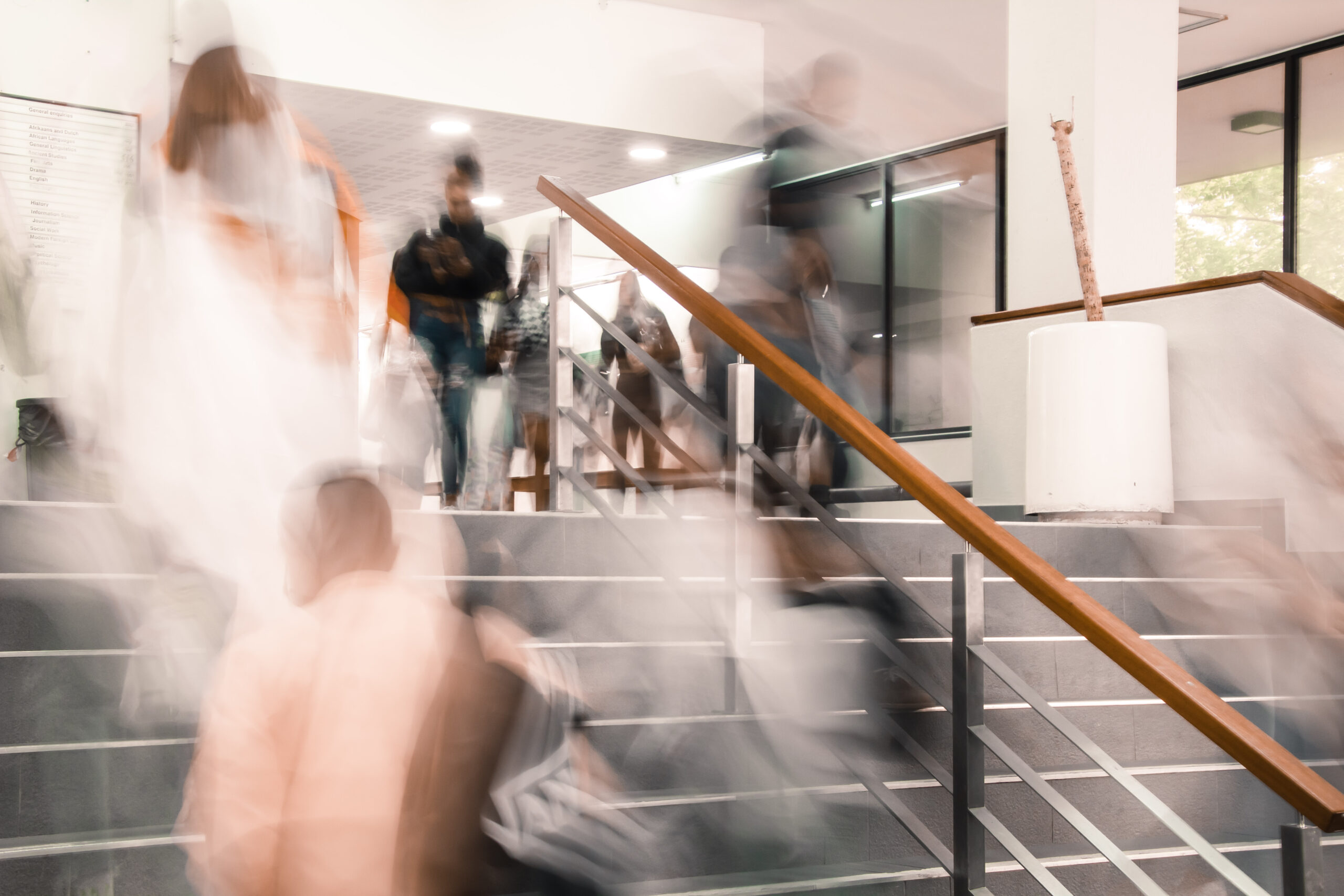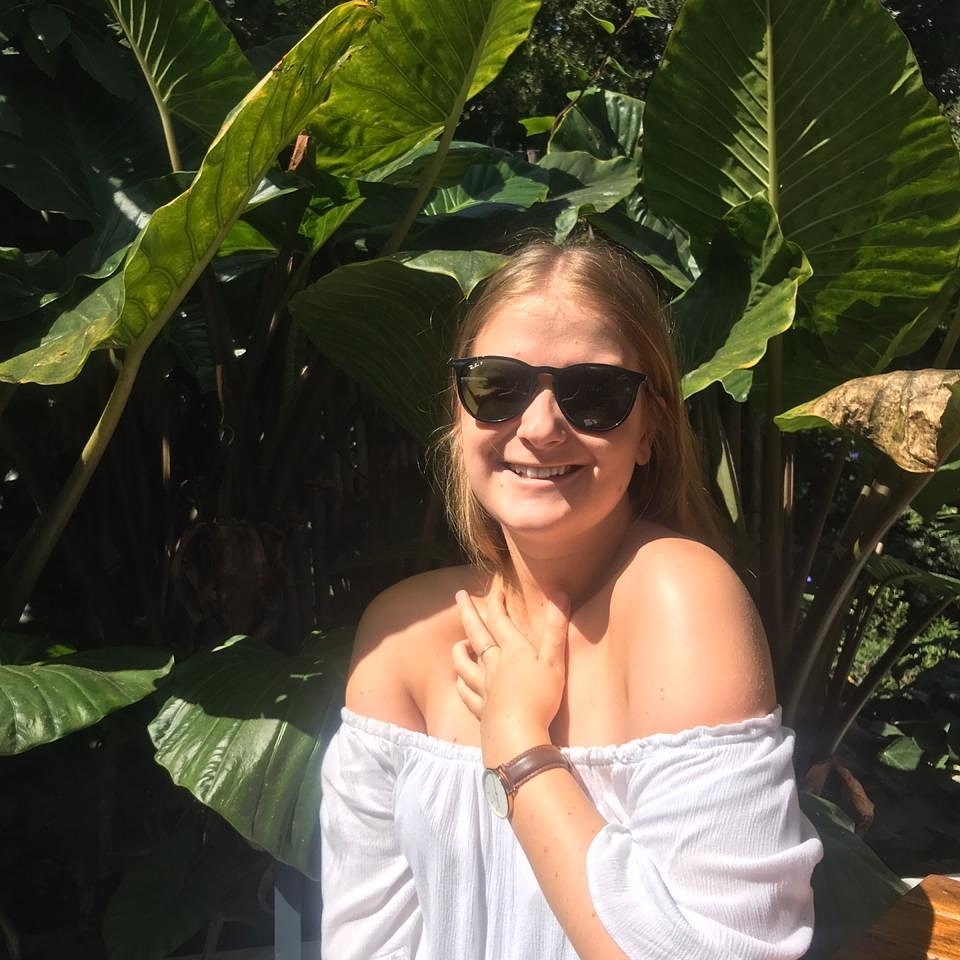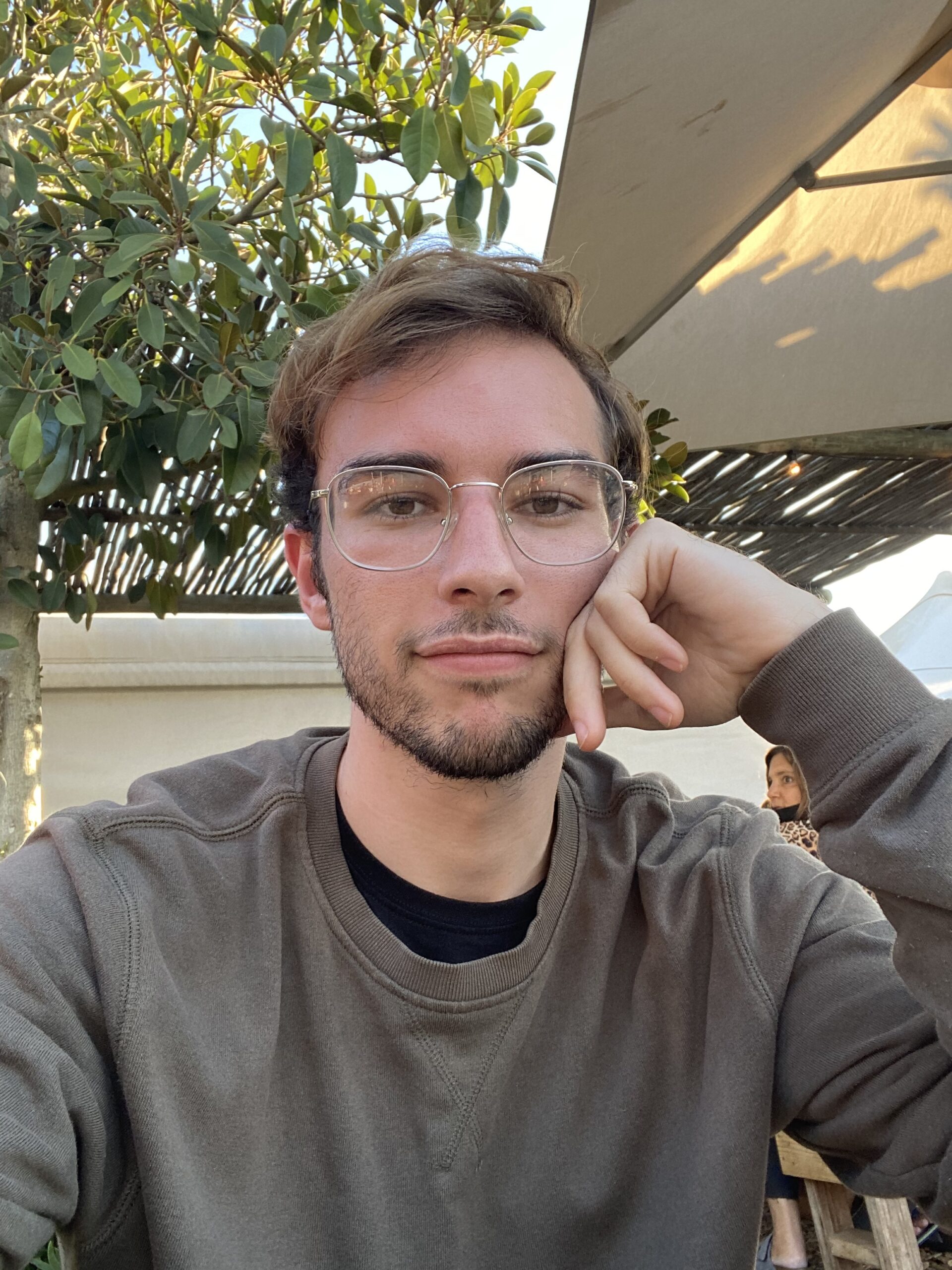TIAN ALBERTS
A few weeks ago, I was “summoned” to Student Parliament to “account to” Dagbreek’s Inkululeko: Talking Freedom booklet, which Mr Luke Waltham, Chairman of UNASA Stellenbosch regarded as “problematic”. I was told by the Speaker that I would have 10 minutes to deliver a speech. On Tuesday, upon arrival at Student Parliament it was made very clear by certain members that myself and Dagbreek HK member Rob Kucera were not welcome. After two and a half hours of ranting about procedural issues, personal attacks perpetrated against myself and Rob and verbal threats of violence and harm levelled against me, I left without having had the chance of delivering my speech.
Here follows the speech:
Mr Speaker, three years and four months ago, I arrived at this University – expectant of all the diverse people that I was going to meet and equally expectant of all the diverse worldviews and perspectives that I would be exposed to. I met many diverse people, but I have with very little exception consistently been exposed by this university and its structures to one singular and generalising perspective: the perspective that your race and gender are determinant of the merits of your arguments, your right to speak on a given topic; the perspective that your skin colour or gender are indicative of whether you are marginalised or privileged. And if you are put in the category of marginalised by virtue of your identity, you are morally superior to others and your intentions and movements are assumed to be inherently moral.
EndRapeCulture was the first movement that I was confronted with on this campus. Myself and many impressionable first year students persistently came to face with the officially endorsed unsubstantiated idea that this campus perpetuates a rape culture (“rape culture” is a sociological concept for a setting in which rape is pervasive and normalized), and this absurdity was solidified by an official task team report of 43 pages which postulates no evidence or confirmation of any rape culture on campus – only dogma and ideology. I opposed the report. I was heckled at and told by a Senior Director that “you are really going to enjoy our training programmes”. Later, I encountered a booklet called Siyakhula: Talking Transformation. I read through its content, which can be described as an elaboration on critical theory and identity politics – a one sided world view that disregards the individual and imposes identities of oppressed and oppressor on students based on immutable characteristics that they have no control over. To my horror I found a Stellenbosch University logo on the cover. The University’s subsidised Transformation Office was responsible for the publication of this booklet, which amongst other things, deprives all white students of the possible grievance that they might have experienced racism.
So what was my response to the Siyakhula? I got a committee together at my residence and we drafted a booklet called Inkululeko: Talking Freedom – to take us back to the values that our Constitution envisages for us and to describe an open society in which the individual is the core unit of value. Although at least two Directors commended the effort and one even remarked that the booklet falls in line with the Transformation Plan of the University, a fringe group of students want to taint this booklet and Dagbreek. And they have been wasting their time. We hear from them that the Inkululeko-effort “disregards marginalised groups”. “Marginalised group” is of course a category wholly constructed on the basis of melanin and combinations of chromosomes, and not individual circumstances that are indicative of marginalisation.
At this point, I would like us to look at some of the concepts that the Inkululeko elaborates on. These are some of the definitions:
Racism is defined as the systemic mistreatment experienced by white people in South Africa.
Black Privilege is institutional and social (rather than personal) set of unearned benefits granted to black people. This includes having greater access to power, services, opportunities and resources.
Actually, you will not find these definitions in Inkululeko at all. The definitions that I have just read stem from Siyakhula – the University’s booklet. I have just replaced the word “black” with the word “white” (and the word white with the word black at the White Privilege definition) to illustrate the absurdity. If you now suddenly endorse these Siyakhula definitions now that races have flipped back, then congratulations – you are a racist.
Inkululeko: Talking Freedom’s real message is straight forward: everyone has a right to freely define their own identity as an individual.
Although there is no credence to this notion of “marginalised people” in so far this category is constructed on the basis of identity, even if such groups existed on campus, we see that unlike the Siyakhula that positions the straight white male as the oppressor, the Inkululeko does not denounce people or groups of people. It denounces a very specific ideology. Criticizing an ideology is not the same as criticizing people or denying their lived experience. No ideology should be exempted from criticism or even ridicule. Why should any booklet protect divisive ideologies such as identity politics? Why should Inkululeko: Talking Freedom spare racial politics the criticism that it deserves? It could not. There will be many more Inkululeko booklets and events on a continued basis. Why? I am determined to leave behind, not the campus that I spoke of that I arrived at 4 years ago. I am determined to leave behind a campus that promotes free debate and intellectual diversity in an open society in which the content of our characters matter more than the colour of our skin or the combination of our chromosomes. I’ll meet you on the other side.
Thank you.
*Tian is a postgrad law student. He is also the prim of Dagbreek.



